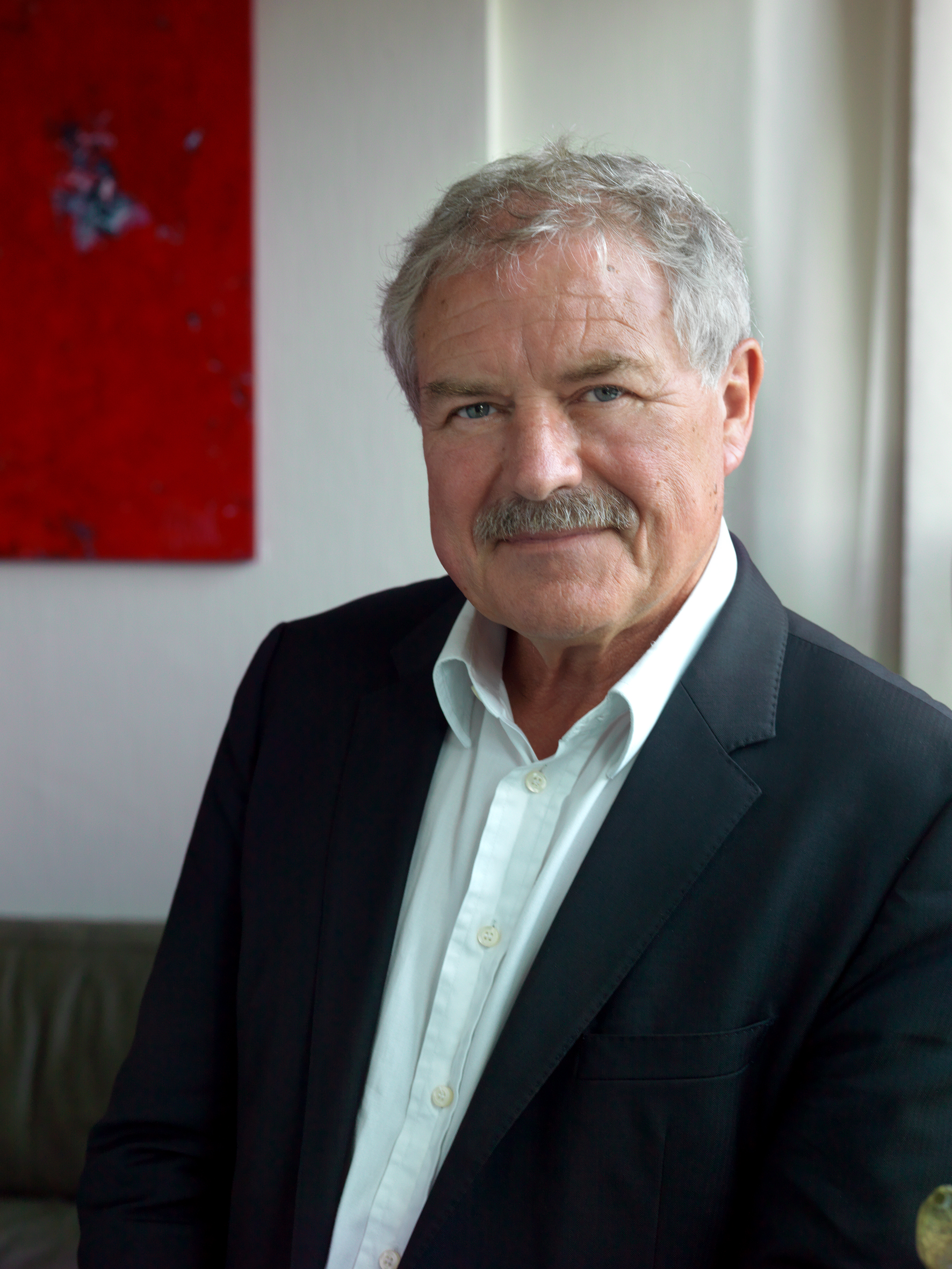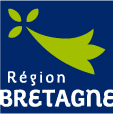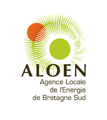Lorient Agglomeration

Located at the heart of South Brittany, Lorient Agglomération is the third-largest urban area in the region after Rennes and Brest. Greater Lorient includes 205,000 inhabitants, is formed of 25 local authorities, and covers a wide area with multiple identities – maritime, urban and rural.
With its coastline and Lorient’s port, Lorient Agglomération opens up onto the world.
Two valleys, through which run the rivers Scorff and Blavet, link Lorient Agglomération to inland Brittany. Economic development is, along with environmental protection, the area of expertise in which Lorient Agglomération’s policies are most diverse: a majority shareholder in the fishing port; providing support for naval construction and repairs; and developing business parks, business incubators and a technology and university complex.
Lorient Agglomération also plays a very active role in supporting sustainable development in the area, and demonstrates this commitment on a daily basis for the benefit of all residents: waste sorting, water and energy savings, prioritising public transport, and more. Additionally, Lorient Agglomération recently received the GMF prize for Sustainable Development at the Prix Territoriaux La Gazette GMF 2014, an awards ceremony for local authorities, for its ‘zero CO2 emissions’ passenger boat.
Lorient Agglomération is committed to an Agenda 21, which is based around 4 key areas:
- promoting innovation and diversity,
- ensuring access to basic needs for the entire population,
- preserving the area’s environmental quality,
- encouraging residents to adopt environmentally-friendly behaviour.
Within the Agenda 21, Lorient Agglomération’s Climate Plan has set itself the target of reducing its energy consumption and greenhouse gas emissions by 20% by 2020 compared to 1990 levels.
Its work gives priority focus to transport and housing, two sectors which account for 70% of final energy consumption. Lorient Agglomération’s Agenda 21 looks closely at public policies in order to provide balanced development in an area with three well-defined components: harbour, sea and valleys.
In terms of the SOLENN project, Lorient Agglomération will:
- chair the demonstrator project’s strategic steering committee,
- carry out operational project management as part of its climate plan work, assigning a dedicated project officer,
- manage participant recruitment and ensure the project’s visibility at a local level,
- coordinate the roll-out of tests to trial participants,
- carry out a cost/benefit analysis for local authorities.













